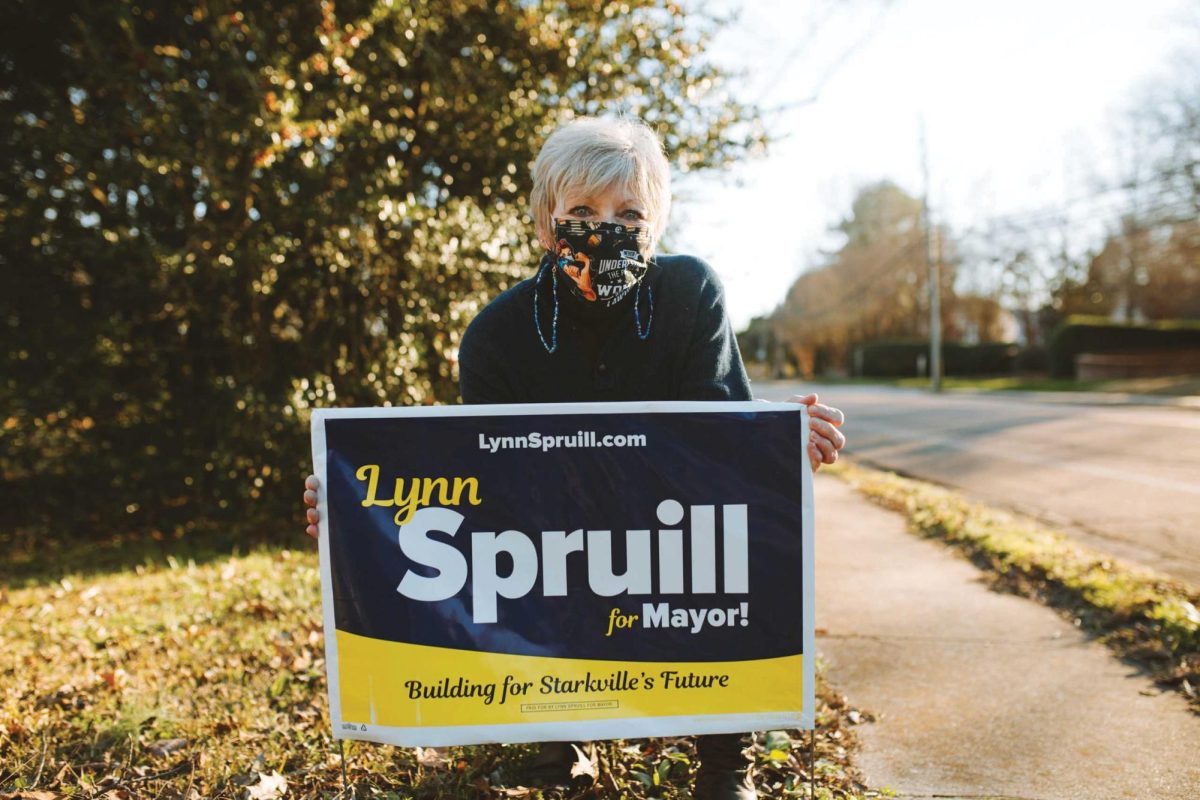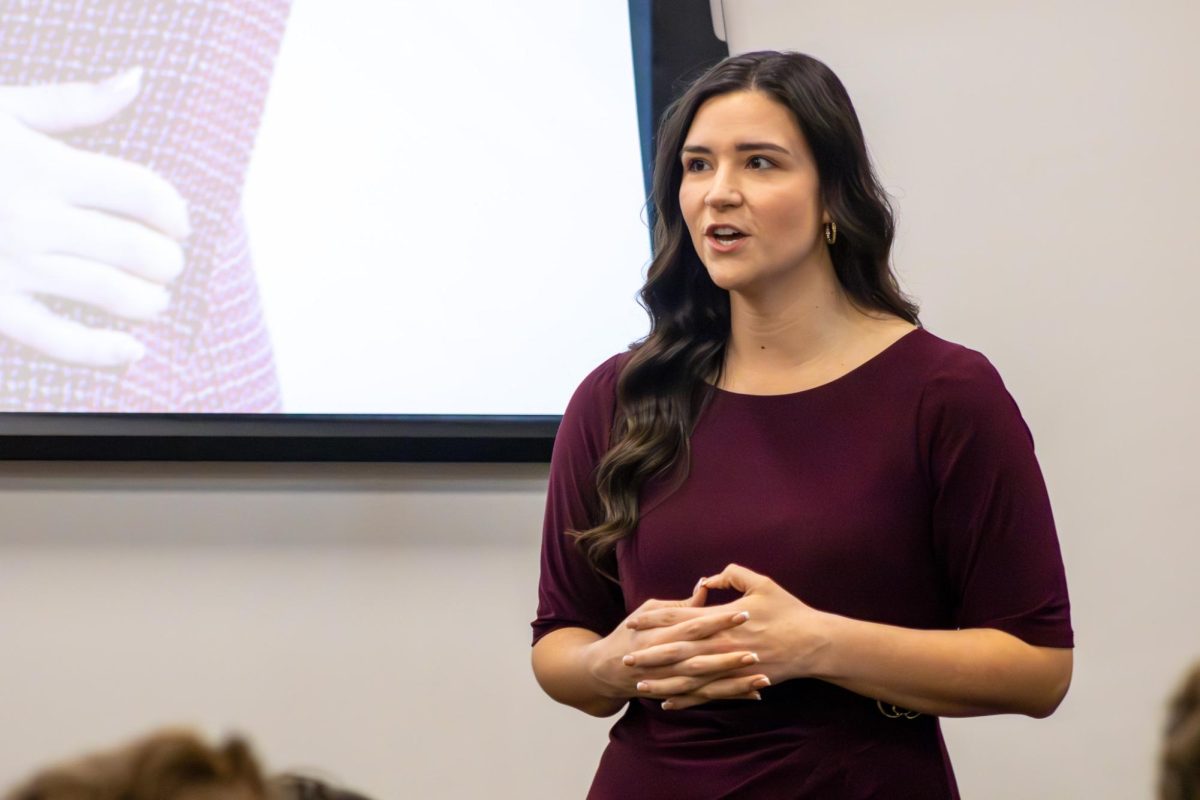Mississippi State University’s Center for Educational and Training Technology is helping produce a television miniseries, “The Science of the Spill,” which addresses the environmental and economic impact of the oil spill in the Gulf of Mexico.
CETT partnered with the University of Southern Mississippi’s Gulf Coast Research Laboratory, the Center for Ocean Sciences Education Excellence and Mississippi Public Broadcasting to provide research-based answers to concerned citizens of the Gulf.
Brian McCann, CETT associate research professor and technology leader for the project, said he is enthusiastic about the project’s focus on education, and its concern for all affected by the oil spill, including costal aquatic life.
“We will be dealing with the effects of this oil spill for decades probably,” McCann said. “Each episode will bring together a panel of scientists to discuss that impact.”
The project’s companion website, spillscience.com, could provide viewers with a chance to guide the discussion.
McCann said the final two episodes have not yet been filmed because the content will depend largely upon viewer questions and the website’s public discussion. He said the website, which is in development, will also provide interviews, educational resources and a scientist blog.
The three-part miniseries premiered Tuesday at 7:30 p.m. The first episode detailed the project’s methods of research and conclusions regarding chemical dispersants and seafood safety.
University of Mississippi’s Kristine Willett, an expert in environmental toxicology, and USM’s Harriett Perry discussed the controlled research regarding animal toxicity, emphasizing a threat to the reproduction cycles of aquatic animals and the safety of consumption.
Perry, who serves as the Gulf Coast Research Laboratory’s director of the Center for Fisheries Research and Development, said the partnership benefited from GCRL’s historic database, which provided pre-spill statistics that allowed scientists to directly assess the impact of the Deepwater Horizon oil spill.
Joe Griffitt, aquatic toxicologist for the GCRL, said the project is dedicated to peer-reviewed research, which must meet rigorous academic standards before publication.
Griffitt said monitoring the oil spill and providing peer-reviewed research will be a costly, time-consuming process.
“We will be monitoring this long term,” Griffitt said.
According to the project’s website, initial funding was provided by a National Science Foundation Rapid Response Grant. These grants are issued in response to natural disasters by the federal government, McCann said.
The project is not seeking additional funding, but individual scientists are, McCann said. Yet research grants extend only so far, Perry, Griffitt and Willett argued.
Despite dwindling funds, the project’s website maintains its responsibility to provide reliable information to the public.
It also provides educational resources for teachers that correspond to the Center for Ocean Science Education Excellence’s Central Gulf of Mexico project, which can be found at cosee-central-gom.org.
The first installment of “The Science of the Spill” will re-air on MPB today.
The second installment will air in late September and will probably discuss the physical state of the oil and specific impacts to certain habitats, McCann said.
Categories:
Miniseries focuses on Gulf oil spill
0
Donate to The Reflector
Your donation will support the student journalists of Mississippi State University. Your contribution will allow us to purchase equipment and cover our annual website hosting costs.
More to Discover







